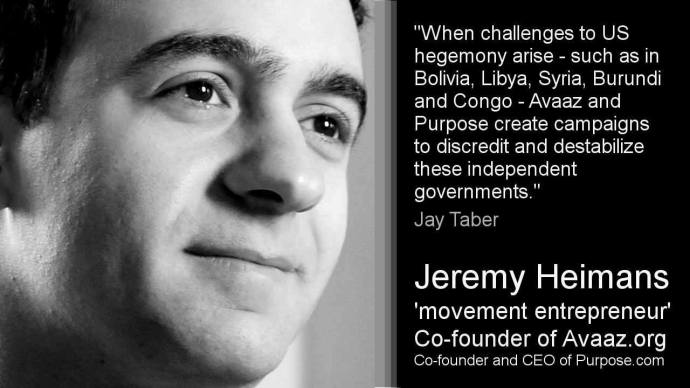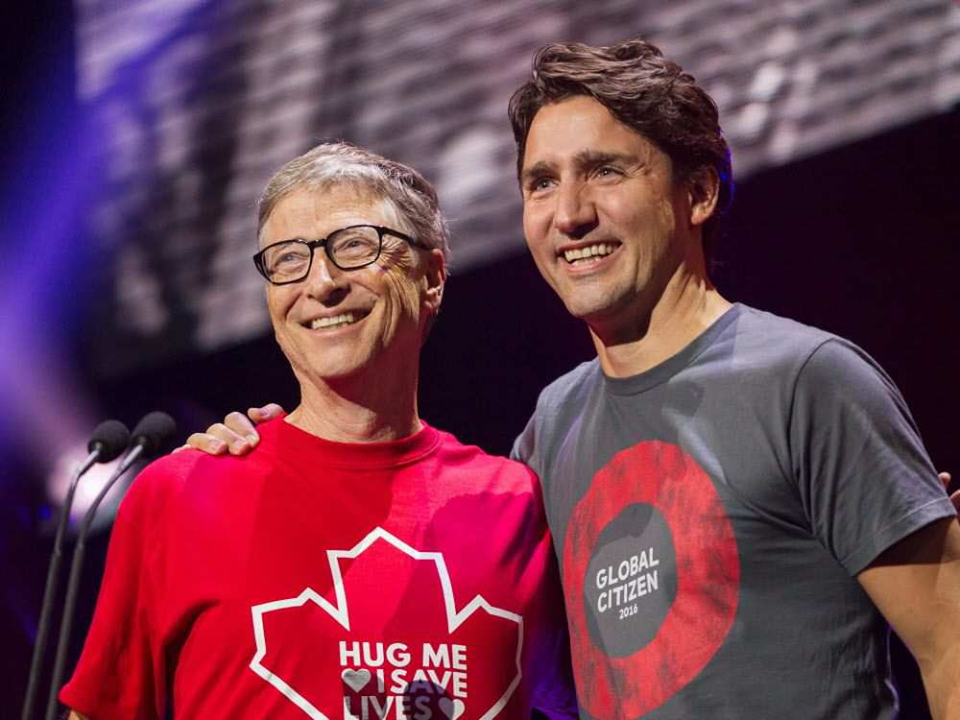Oct 19
20170
350.org / 1Sky, Natural Resources Defense Council, United Nations, World Resources Institute
'Rights to Pollute' CASSE Gund Institute Gus Speth Herman Daly Natural Capital Natural Capital League New Economy Payments for Ecosystems Services (PES) Privatization of Nature Tellus Institute The Financialization of Nature The Next System United Nations
The Most Valuable Players of the Natural Capital League: Part 2
Wrong Kind of Green
October 19, 2017
The Natural Capital League (NCL) has gained it’s power and influence steadily over time and through it’s extensive networks.
After 35 years of the development of ecological economics two senior foundational figures have emerged who are utterly worthy of the title MVP.
One of these senior figures is a revered economist and the other is a lawyer, networker, manager, author, and academic.
Herman Daly
Herman Daly is not only a most valuable player, he has defined the game itself while developing the other talented players who’ve pushed the league forward. His great conceptual achievement is the idea of the ‘steady state’ (1977). He has been a very active proponent of the ‘polluter pays principle’. In 1991, while he was at the World Bank to work on sustainable development policy, he argued for the idea of ‘rights to pollute’. In 1992 he co-wrote a paper containing one of the earliest usages of the term ‘natural capital’ titled ‘Natural Capital and Sustainable Development’. In this paper a definition of the term ‘natural capital’ was provided based on a ‘functional definition’ of capital – “a stock that yields a flow of valuable goods and services into the future”.
Herman Daly was the 1996 winner of the Right Livelihood Award, the 2008 Adbusters ‘Man of the Year’ and the 2014 Blue Planet Prize winner. He co-founded the journal Ecological Economics, was closely involved in the founding of the International Society of Ecological Economics and is currently on staff at the Centre for the Advancement of Steady State Economics (CASSE). In 2012 he was a featured interviewee in the documentary ‘Four Horsemen’ directed by Ross Ashcroft who is also known as the Renegade Economist.
“Instead of maximizing returns to and investing in man-made capital (as was appropriate in an empty world), we must now maximize returns to and invest in natural capital (as is appropriate in a full world).”
Herman E. Daly (1994) in: AnnMari Jansson. Investing in Natural Capital: The Ecological Economics Approach To Sustainability. 1994. p. 24
***
‘Rights to Pollute’
Allocation, distribution, and scale: towards an economics that is efficient, just, and sustainable. Ecological Economics
http://www.uvm.edu/~jfarley/EEseminar/readings/sus%20jus%20eff.pdf
***
CASSE – Meet our staff
http://www.steadystate.org/meet/our-staff/
***
Natural Capital and Sustainable Development
http://www.life.illinois.edu/ib/451/Costanza%20(1992).pdf
“The SSE will also require a “demographic transition” in populations of products towards longer-lived, more durable goods, maintained by lower rates of throughput.”
http://www.sd-commission.org.uk/data/files/publications/Herman_Daly_thinkpiece.pdf
***
Gus Speth
James Gustave Speth is all about networking and was once dubbed the “ultimate insider”. He’s an MVP because his whole contribution is much greater than the some of the parts he has played, and he has played so very many parts. His list of fellowships and board appointments stretches to every corner of the sustainable development project. He is the highest ever American office holder at the united nations. He was the administrator of the United Nations Development Program, and he went on to become the Special Coordinator for Economic and Social Affairs under UN Secretary-General Boutros Boutros-Ghali, and chair of the United Nations Development Group. He cofounded the Natural Resources Defense Council (NRDC) and founded the World Resources Institute (WRI). Crucially he knows how to reposition his career to the advantage of sustainable development.
Gus Speth got arrested with climate justice movement leader Bill McKibben in an anti-KXL pipeline protest for the first time in 2011 shortly after moving on from the NRDC and WRI. He responded to the threat of climate change by joining the US advisory board of climate justice organization 350.org and followed up on his vision for the future laid out in his book ‘America the Possible: Manifesto for a New Economy’ through his various networks and positions held in the new economy movement. He is a senior fellow of the Democracy Collaborative, associate fellow at the Tellus Institute, co-chair of the NextSystem Project, board member of New Economy Coalition, former dean Yale School of Forestry and Environmental Studies, Professor at Vermont Law School and was chairman of the U.S. Council on Environmental Quality (Carter Administration). He has a string of other fellowships and advisory roles all relating to sustainable development and new economy issues.
It’s Gus Speth’s role as consultant to the Capital Institute that ties all his networks to the Natural Capital League. The Capital Institute could be called the home of ‘regenerative capitalism’ which connects natural capital flows to the restoration of nature to improve the value of ‘ecosystem services’. Several natural capital economists from organisations such as the Gund Institute with which he shares a close relationship are involved in the Next System Project which he chairs. The Next System Project is focussed very much on social enterprise, support for communities and democratic process. We can expect that Gus Speth will continue to refine his networks and position himself to see sustainable development and the Natural Capital League flourish.
“CHILDREN CENTERED, NOT GROWTH CENTERED. Overall economic growth will not be seen as a priority, and GDP will be seen as a misleading measure of well-being and progress. Instead, indicators of community wealth creation — including measures of social and natural capital — will be closely watched, and special attention will be given to children and young people — their education and their right to loving care, shelter, good nutrition, health care, a toxic-free environment, and freedom from violence.”
America the Possible: A Manifesto, Part II
https://orionmagazine.org/article/america-the-possible-a-manifesto-part-ii/
***
Measuring What Matters: GDP, Ecosystems and the Environment
http://www.wri.org/blog/2010/04/measuring-what-matters-gdp-ecosystems-and-environment
***
Review of America the Possible by John Fullerton
https://capitalinstitute.org/blog/crb_book_review/gus-speths-america-possible/
***
Gus Speth Returns to WRI, Inspires
http://www.wri.org/blog/2014/11/gus-speth-returns-wri-inspires
Further reading:
The Most Valuable Players of the Natural Capital League: Part 1






































































